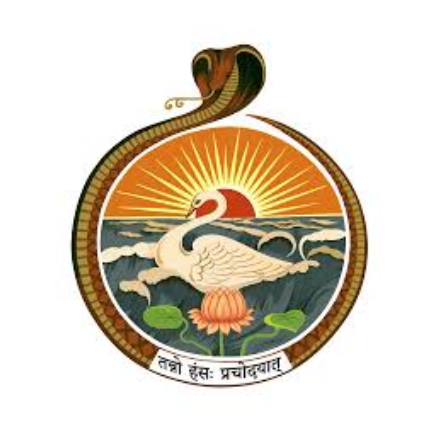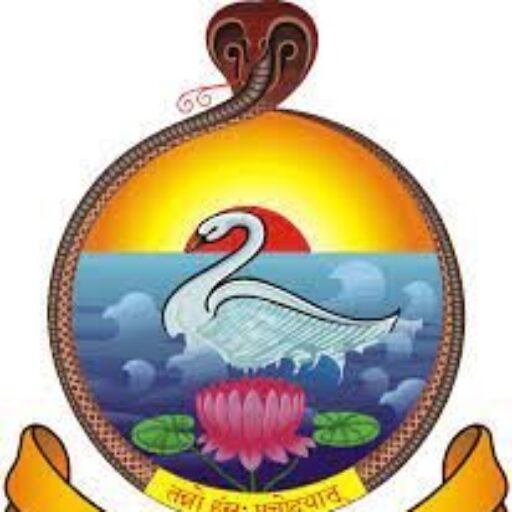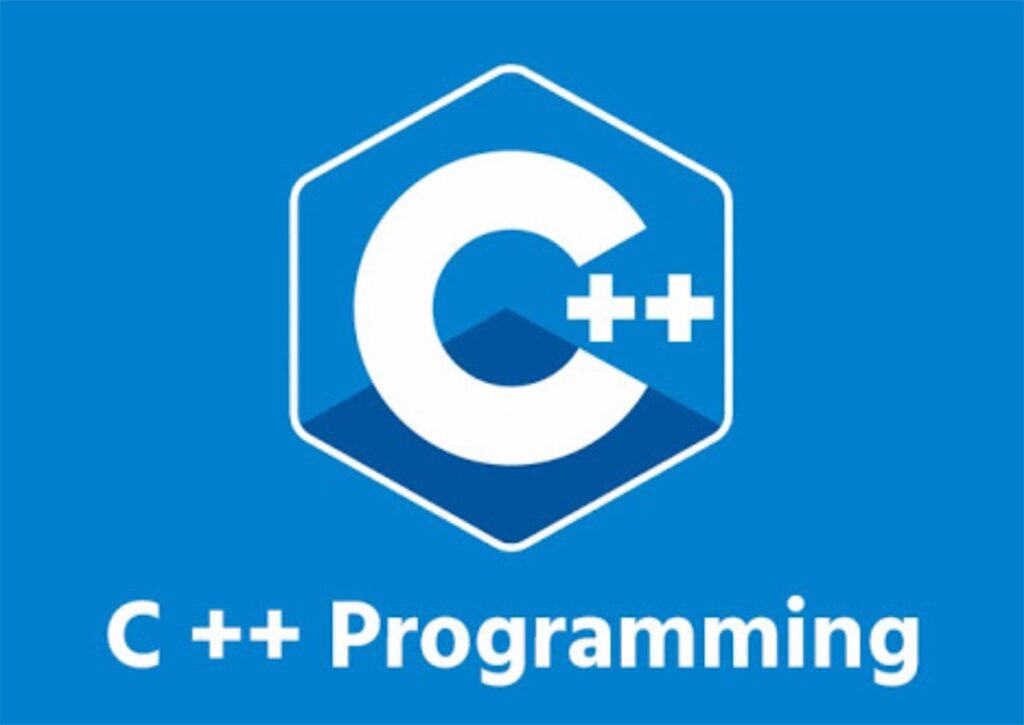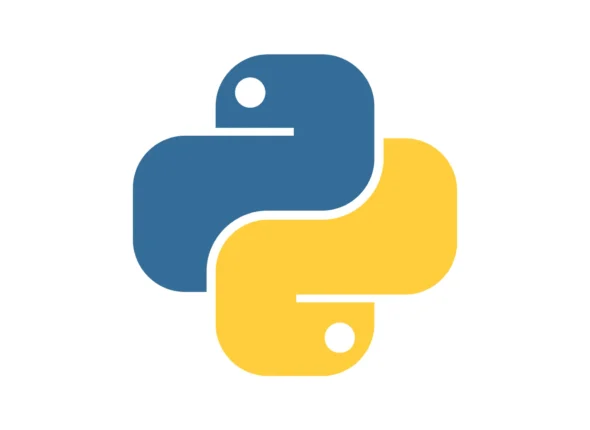What Will You Learn?
- Master C++, one of the most powerful and high-performance programming languages! 🔥 Here’s what you’ll learn:
- C++ Basics – Variables, data types, operators, and control structures.
- Object-Oriented Programming (OOP) – Master classes, objects, inheritance, polymorphism, and encapsulation.
- Pointers & Memory Management – Efficiently manage memory using dynamic allocation.
- Multithreading & Performance Optimization – Write high-performance applications.
- Whether you're a beginner or looking to advance your skills, C++ is the foundation for game development, system programming, and competitive coding. 💡 Start coding today! 🚀
Course Content
Introduction to C++:
Why Do We Need Object-Oriented Programming?
Procedural Languages
The Object-Oriented Approach
Characteristics of Object-Oriented Languages
Objects
Classes
Inheritance
Reusability
Creating New Data Types
Polymorphism and Overloading
C vs. C++
Input and output statement in C++
Revisited operator (Relational, Logical)
Revisited the if-else
Revisited the switch-case
Revisited the conditional operator
Revisited loop
The break statement
The continue statement
Assignment problems on decision, and loop
Structure in C++
Structures
A Simple Structure
Defining the Structure
Defining a Structure Variable
Accessing Structure Members
Other Structure Features
Assignment Example
Structures within Structures with example Structures
and Classes
Enumerations
Working with Function in C++
Simple Functions
The Function Declaration
No. of classes: 4
Calling the Function
The Function Definition
Passing Arguments to Functions
Passing Constants
Passing Variables
Passing by Value
Structures as Arguments
Returning Values from Functions
The return Statement
Returning Structure Variables
Reference Arguments
Passing Simple Data Types by Reference
Passing Structures by Reference
Overloaded Functions
Different Numbers of Arguments
Different Kinds of Arguments
Recursion
Inline Functions
Default Arguments
Scope and Storage Class Local
Variables
Global Variables
Static Variables
Returning by Reference
Function Calls on the Left of the Equal Sign const
Objects and Classes
A Simple Class
Classes and Objects
Defining the Class
Using the Class
Calling Member Functions
C++ Objects as Physical Objects
C++ Objects as Data Types Constructors
A Counter Example
A Graphics Example
Destructors
Objects as Function Arguments
Overloaded Constructors
Member Functions Defined Outside the Class
Objects as Arguments
The Default Copy Constructor
Returning Objects from Functions
Arguments and Objects
Classes, Objects, and Memory
Static Class Data
Uses of Static Class Data
An Example of Static Class Data
Separate Declaration and Definition
const and Classes const Member Functions
const Objects
Operator Overloading in C++
Operator Overloading
Overloading Unary Operators
The operator Keyword
Operator Arguments
Operator Return Values
Nameless Temporary Objects
Overloading Binary Operators
Arithmetic Operators
Concatenating Strings
Multiple Overloading
Comparison Operators
Arithmetic Assignment Operators
The Subscript Operator ([])
Data Conversion
Conversions between Basic Types
Conversions between Objects and Basic Types
Conversions: When to Use What
Not All Operators Can Be Overloaded
Keywords explicit and mutable
Preventing Conversions with explicit
Changing const Object Data Using mutable
Inheritance
Derived Class and Base Class
Specifying the Derived Class
Accessing Base Class Members
The protected Access specifier
Derived Class Constructors Overriding
Member Functions Which Function Is
Used?
Scope Resolution with Overridden Functions
Class Hierarchies
“Abstract” Base Class
Constructors and Member Functions
Inheritance and Graphics Shapes
Public and Private Inheritance
Access Combinations
Access Specifiers: When to Use What
Levels of Inheritance
Multiple Inheritance
Member Functions in Multiple Inheritance
Private Derivation in inheritance
Constructors in Multiple Inheritance
Ambiguity in Multiple Inheritance
Aggregation with example
Composition with example
Inheritance and Program Development
Pointers in C++
Addresses and Pointers
The Address-of Operator &
Pointer Variables
Pointer to void
Pointers and Arrays
Pointer Constants and Pointer Variables
Pointers and Functions
Passing Simple Variables
Passing Arrays
Sorting Array elements Pointers
to String Constants
Strings as Function Arguments
The const Modifier and Pointers
Arrays of Pointers to Strings
Memory Management: new and delete
The new Operator
The delete Operator
A String Class Using new
Pointers to Objects
Referring to Members
An Array of Pointers to Objects
Virtual function
Virtual Functions introduction
Normal Member Functions Accessed with Pointers
Virtual Member Functions Accessed with Pointers
Late Binding
Abstract Classes and Pure Virtual Functions
Virtual Functions and the person Class
No. of classes: 4
No. of classes: 6
Assignment: Virtual Functions in a Graphics Example
Virtual Destructors
Virtual Base Classes
Friend Functions
Friends as Bridges
Breaching the Walls
Friend Classes
Static Functions
Accessing static Functions
Numbering the Objects
Assignment and Copy Initialization
Overloading the Assignment Operator
The Copy Constructor
The this Pointer
Accessing Member Data with this
Using this for Returning Values
Dynamic Type Information
Checking the Type of a Class with dynamic cast
Changing Pointer Types with dynamic cast the
typed Operator
Templates and Exceptions
Function Templates
A Simple Function Template
Function Templates with Multiple Arguments
Class Templates
Class Name Depends on Context
A Linked List Class Using Templates
Storing User-Defined Data Types
Exceptions
Why Do We Need Exceptions?
Exception Syntax
A Simple Exception Example
Multiple Exceptions
Exceptions with the Distance Class
Exceptions with Arguments
A course by
Student Ratings & Reviews

No Review Yet









